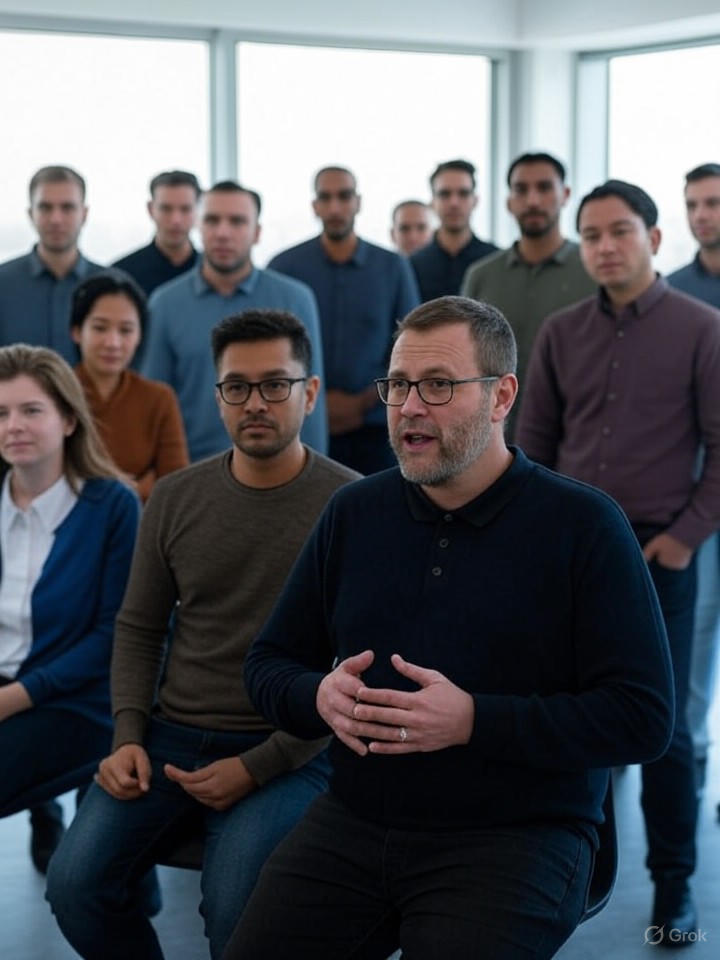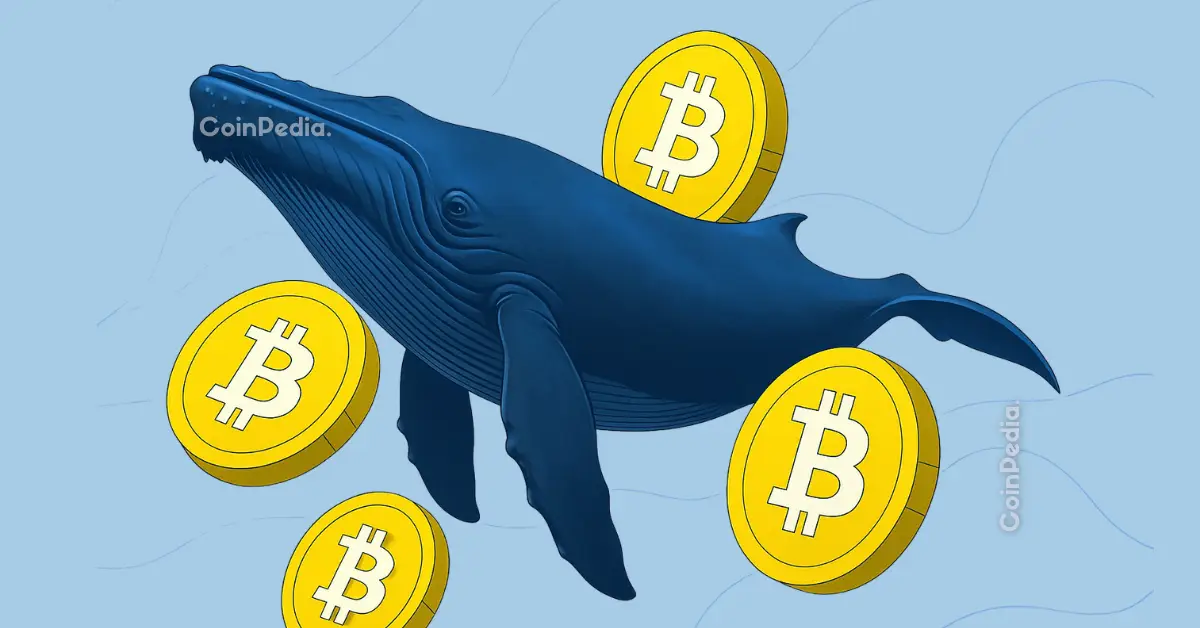
Over 450 developers at Blizzard Entertainment, primarily working on the Diablo franchise, have officially formed a union in partnership with the Communications Workers of America (CWA). This significant labor movement comes in response to heightened fears of layoffs following Microsoft’s acquisition of Activision Blizzard for $68.7 billion in 2023. The unionization effort, announced last week, highlights ongoing concerns regarding job security within the gaming industry, as even top-performing teams feel threatened by potential corporate cost-cutting measures.
Union Formation Amid Industry Instability
The decision to unionize is rooted in a collective frustration over job instability, which has been exacerbated by the recent merger. According to a report from PC Gamer, many developers expressed feelings of vulnerability as layoffs have become increasingly common. The Diablo team’s actions reflect a broader trend at Blizzard; earlier this year, the entire World of Warcraft development team also unionized, and in 2022, quality assurance workers at Raven Software secured their first union contract after a prolonged struggle.
Microsoft has acknowledged the formation of the Diablo union without contest, maintaining a neutral stance in response to unionization efforts, as noted by IGN. This approach aligns with the company’s previous commitments to support workers’ rights during their organizing efforts.
Concerns Over Restructuring and Work Conditions
Producers and designers on the Diablo team are vocal about the emotional toll of Microsoft’s restructuring. Kelly Yeo, a game producer and member of the organizing committee, observed a pervasive sense of “dread” among colleagues with each round of layoffs, stating, “No amount of hard work is enough to protect us.” Her remarks underscore a widespread sentiment that the acquisition has led to over 3,000 job cuts across Microsoft’s gaming divisions, including the cancellation of a Blizzard survival game that had been in development for six years.
Beyond addressing layoffs, the newly formed union aims to tackle additional issues, including the integration of artificial intelligence in game development, proper crediting for creative contributions, and policies surrounding remote work. Developers have raised concerns about the so-called “passion tax,” which refers to the expectation that gaming professionals endure low pay and instability due to their love for their craft. This issue has become more pronounced with Microsoft’s AI initiatives under CEO Satya Nadella.
As detailed in a report by GamesRadar+, the unionization movement at Blizzard is part of a broader push for worker protections within the gaming industry, which has faced significant economic pressures. Since early 2024, over 9,000 gaming jobs have been lost globally, with Microsoft’s layoffs drawing particular scrutiny.
Future Negotiations and Industry Implications
The actions taken by the Diablo team could inspire similar unionization efforts at other gaming studios, particularly in states like California, New York, and Texas, where CWA locals represent workers. Union leaders hope to negotiate contracts that will protect employees from arbitrary dismissals and promote fair practices regarding AI integration. One developer shared with Aftermath that dissatisfaction with pay and crunch culture has fueled this momentum, signaling a shift toward collective bargaining in creative, tech-driven fields.
Microsoft’s gaming chief, Phil Spencer, has publicly committed to fostering a positive work environment. Nonetheless, critics contend that such rhetoric has not alleviated the impact of layoffs. In January 2024, the company laid off 1,900 employees from Activision Blizzard and Xbox, including several key executives, as reported by Kotaku.
With the Diablo union now established, bargaining is set to commence. This process could set precedents regarding remote work flexibility and ethical AI use within the industry. For many insiders, this development reflects a maturing labor movement in gaming, where developers are increasingly unwilling to “live in fear,” as articulated by Yeo. As unions gain momentum, Microsoft faces the challenge of balancing profitability with employee stability, a dynamic that could reshape how tech conglomerates manage their talent pools.






